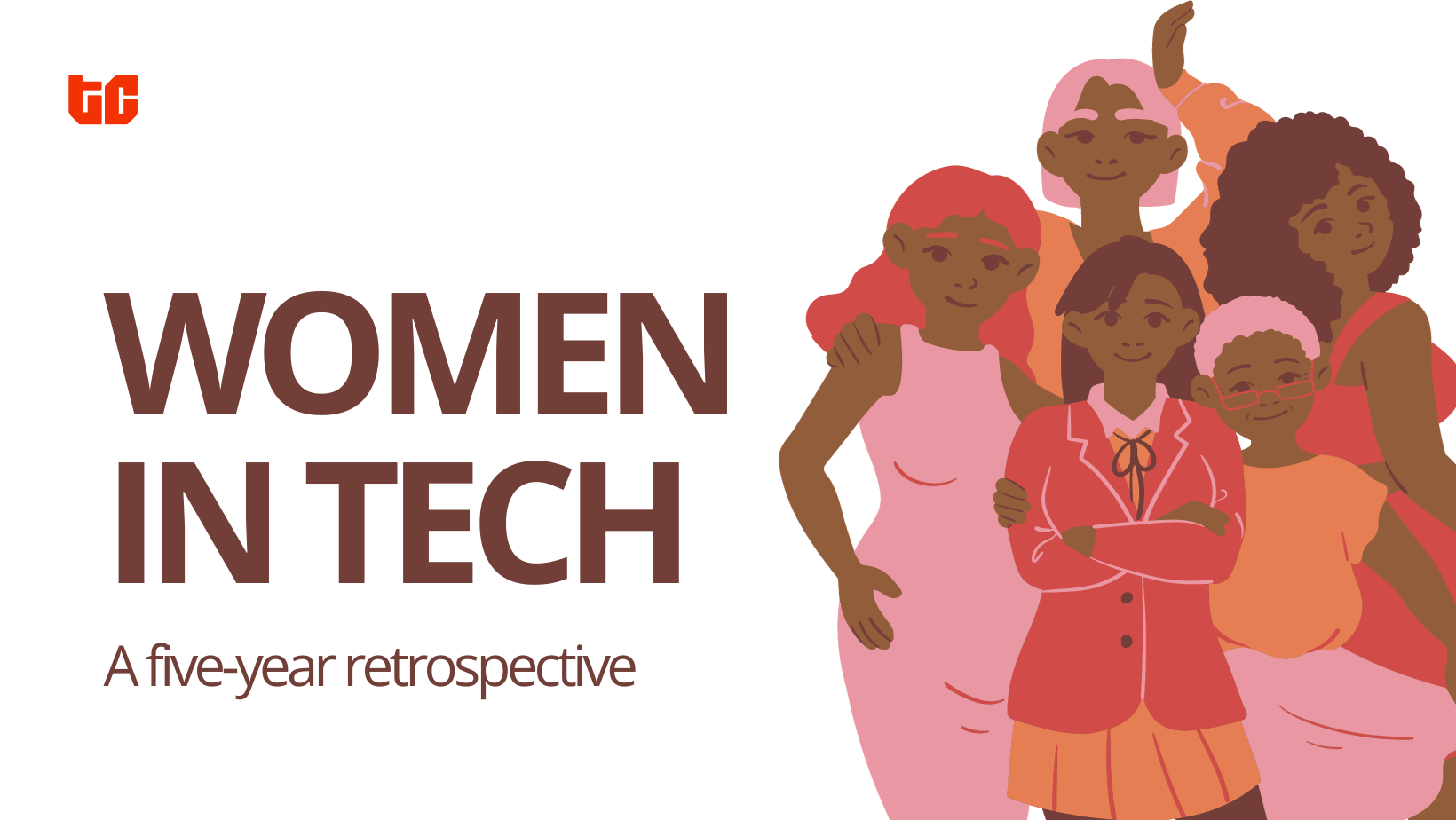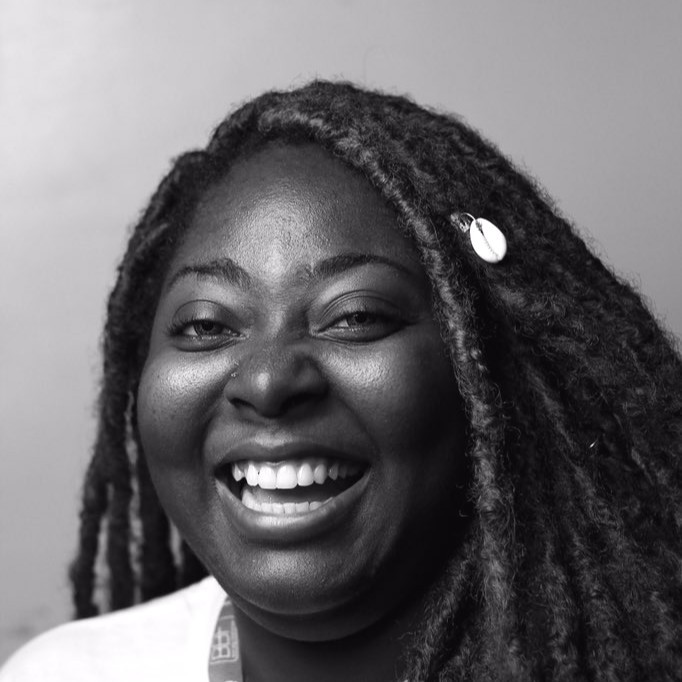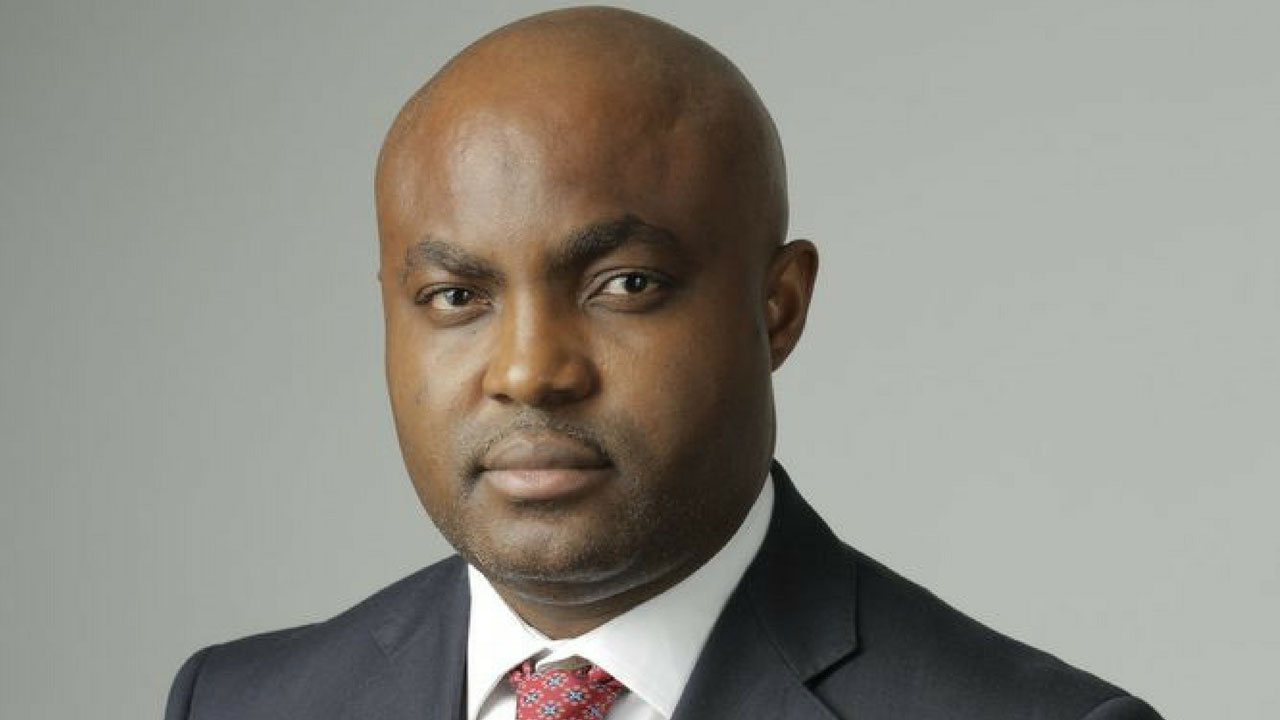The African tech industry has seen a remarkable transformation over the past five years, and at the forefront of this change are a growing number of African women who are making significant contributions to the sector. While the representation of women in tech remains below par (less than 15% of Africa’s tech start-ups have at least one female co-founder, with fewer than 10% having a woman CEO), there has been a noticeable increase in their participation, driven by a combination of factors, including increased access to education and training, the rise of mobile technology and digital platforms, and a growing recognition of the importance of diversity and inclusion in the tech ecosystem.
Numerous initiatives, such as coding boot camps, mentorship programmes, and scholarships have emerged to provide women with the necessary skills and knowledge to thrive in the tech sector. One such initiative is The Future is Female Mentorship Programme, which trains female founders in communications, public relations, and working with tech media. Claudine Moore, founder and convener of the programme told TechCabal that since its inception in 2020, the number of applications they receive has increased every year, with applications coming in from Nigeria, Kenya, Cameroon, Ghana, Ivory Coast, Senegal, Malawi, Zimbabwe, Uganda, South Africa and a few others. She emphasised that there’s more the growing representation of women in the industry enables more women to apply and participate.
Another notable programme is the Google for Startups Accelerator: Women Founders, which provides equity-free support, mentorship, training, and networking opportunities for women in tech across the continent. Notable alumni of the accelerator include Clafiya (founded by Jennie Nwokoye), a health-tech startup that raised $610,000 in a pre-seed round earlier this year.
She Code Africa, a non-profit organisation geared towards providing and upskilling for women and girls interested in STEM, has over 30 thousand members in their community. The organisation often collaborates with others to organise seminars, conferences and boot camps that teach young women relevant skills needed to thrive in the rapidly changing industry.
Undoubtedly, for women, there’s a growing interest in STEM-related and tech roles, but the gap is still wide, and the journey is still long. Perhaps one of the greatest factors that point to this disparity is the difference between the sheer number of mentorship programmes for women, compared to those geared towards funding women’s startups.
The pressing problem of many mentorships and not enough funding.
According to a 2022 report by Partech Africa, only 3% of venture capital funding in Africa goes to startups with a female CEO. This means that male-led startups are 33 times more likely to secure funding than female-led startups. While investment in female-led startups has grown in the past five years, and there are a few VC funds and organisations providing investment opportunities for female-led startups, the disparity is still high.
Brenda Wangari of Madica attests to this fact: “There has been limited access to investor networks coupled with little representation of women in the sector. Investors have also been investing following various patterns which have locked out women founders from funding opportunities,” she told TechCabal.
According to the Diversity Dividend report by Disrupt Africa, which surveyed over 2,000 African startups, approximately 14% of them had at least one female co-founder, and 10% had a woman CEO. Despite the fact that female-led startups typically perform better than male-led ones, in 2022, male-led startups received 96% ($4.6bn) of the total volume, leaving female-led ventures with 4% ($188m). According to a report published by Disrupt Africa in 2022, in the dominant countries with startup founders (Nigeria, Kenya, South Africa, Morocco, Tunisia and Egypt), the percentage of funded startups with at least one female co-founder was less than 30% across the board.
Even more concerning is the record low in funding that the first half of 2023 the ecosystem has recorded. According to a report by The Big Deal, “Single female founders and exclusively female founding teams raised just $22 million in equity funding in H1 2023, the lowest 6-month number since H1 2021.”
However slow, there might be some promising progress. Maya Horgan-Famodu, founder and partner at Ingressive, told TechCabal, “I’m seeing more women represented across all the tech venture funds across Africa; almost all of them have at least one female partner or one female C-suite executive. There is significant representation on the investing side, female and women of colour and indigenous African women are well represented. I’m also seeing female-only investment firms, both investors at these firms and portfolios that are only dedicated to investing in women-owned businesses. For example, Moremi funds, it’s the gender lens investing fund of funds,” she added.
Brenda Wangari shares this sentiment: “There have been promising recent developments. We are now witnessing more female-led African companies raising significant capital as well as managing funds that are actively writing checks. There has also been a rise in communities like Women Who Build Africa, which is solely focused on bringing together and supporting women in the African tech ecosystem.”
In 2021, Eloho Omame and Odun Eweniyi founded First Check Africa, a female-focused angel investment fund. The mission was simple: to make it easy for African women to raise capital and invest in tech. Combined with the work of women like Yemi Keri and Ivana Osagie of Rising Tide Africa, Fatoumata Ba of Janngo Capital, Maya Horgan Famodu of Ingressive, Lisa Thomas of Samata Capital and many others, there’s hope that the ecosystem will grow to a point where female-led startups will secure equitable funding and have access to all the tools they need to grow. Claudine Moore believes that women supporting women is the fastest way for this growth to happen. “What’s important is women supporting women, which is why I created the Future is Female Mentorship program.”
The participation of African women in tech has witnessed incredible growth over the past five years, and this trend is expected to continue in the coming years. With increased access to education and training, the rise of mobile technology and digital platforms, and a growing recognition of the importance of diversity and inclusion, African women will make even greater contributions to the ecosystem. The future of tech in Africa is bright, and it is being shaped by a new generation of women who are determined to make a difference.






















